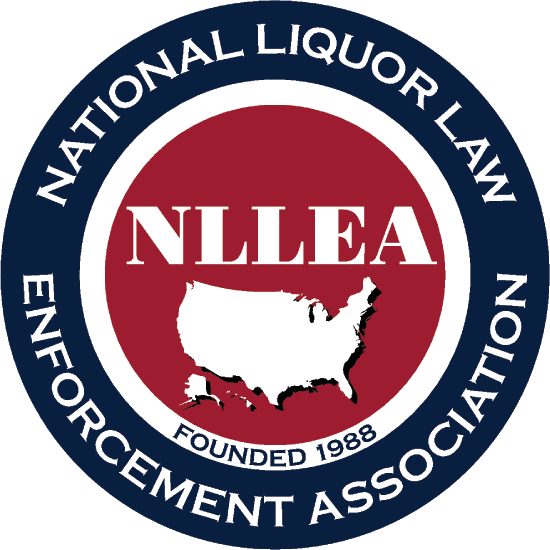Overview
The National Liquor Law Enforcement Association (NLLEA) is a non-profit association of law enforcement personnel dedicated to the enforcement of liquor laws and regulations. The NLLEA has a membership structure that is open to all levels of persons involved in enforcing and regulating liquor laws.
The NLLEA is committed to improving the standards and practices of liquor law enforcement, to the professional development of its members, and to public recognition of the role and achievements of liquor law enforcement in protecting and promoting public safety. The NLLEA actively collaborates with other national law enforcement organizations and with state and local law enforcement organizations to enhance understanding of the overall importance of liquor law enforcement in preventing impaired driving, youth access, crime, and community problems. In addition, the NLLEA fosters a cooperative and mutually beneficial working relationship with alcohol research and public health organizations and with responsible members of the liquor industry. We consider these groups to be amongst our closest allies in ensuring that alcoholic beverages are promoted, distributed, and consumed in a legal fashion.
In order to help ensure the integrity, independence, and objectivity of our association and its membership, the NLLEA does not permit acceptance of funds or donations from the alcohol beverage industry.
Click Here to view a PowerPoint presentation about the NLLEA.
Alcohol: A Legal but Hazardous Product
The United States and Canada recognize that alcoholic beverages are valued by members of society. These societies also recognize, however, that alcoholic beverages pose special threats to the well-being of society, including increased rates of crime (especially violent crime), and personal and public health problems, including injury and death. These societies recognize that alcoholic beverages, while legal, are potentially hazardous products, subject to special controls and conditions not applied to other commercial products. Thus, they have created legal structures within which alcoholic beverages are marketed and consumed. In both the United States and Canada, these specific liquor law rules and regulations and responsibility for their enforcement are largely delegated by the national government to the states and provinces.
Liquor Law Enforcement
Recognizing the unique burdens and challenges posed by the marketing and consumption of alcoholic beverages, most states and provinces have created specialized, independent law enforcement agencies to enforce these laws. These agencies are charged with providing the specific knowledge and professional skills necessary for effective and efficient administration and enforcement of state and provincial liquor laws. NLLEA is committed to the professional development of its members. To assist its member agencies in achieving their enforcement and regulatory objectives, NLLEA sponsors an annual conference and numerous training opportunities each year.
NLLEA Mission, Vision, and Values
Mission:
Committed to improving standards and best practices for the enforcement of alcoholic beverage control laws and regulations.
Vision:
The NLLEA pledges to strengthen and support our diverse membership through the promotion of networking, professional development, collaboration, and training.
The NLLEA is dedicated to fostering relationships with its external partners through continued education of alcoholic beverage control laws and regulations to reduce crime and enhance public safety.
Values:
Excellence, Integrity, and Professionalism
